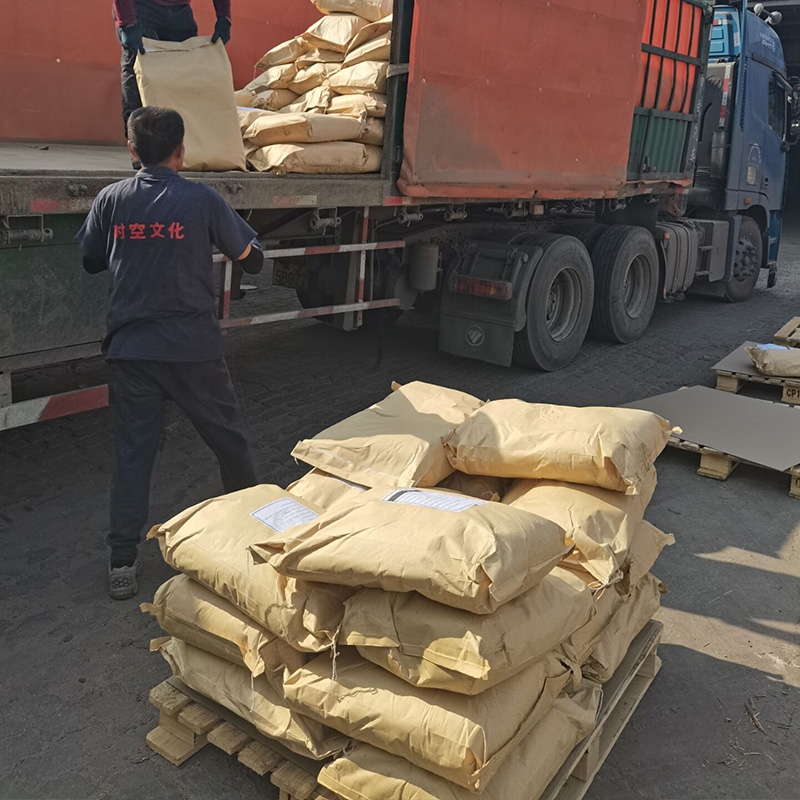-
Categories
-
Pharmaceutical Intermediates
-
Active Pharmaceutical Ingredients
-
Food Additives
- Industrial Coatings
- Agrochemicals
- Dyes and Pigments
- Surfactant
- Flavors and Fragrances
- Chemical Reagents
- Catalyst and Auxiliary
- Natural Products
- Inorganic Chemistry
-
Organic Chemistry
-
Biochemical Engineering
- Analytical Chemistry
-
Cosmetic Ingredient
- Water Treatment Chemical
-
Pharmaceutical Intermediates
Promotion
ECHEMI Mall
Wholesale
Weekly Price
Exhibition
News
-
Trade Service
Introduction With the rapid development of immunotherapy, immunotherapy combined with targeted therapy has become one of the main first-line treatment options for metastatic renal cell carcinoma
.
The interim analysis of the IMmotion151 study showed that atezolizumab + bevacizumab significantly improved progression-free survival (PFS) compared with sunitinib, meeting the primary endpoint of the study
.
Recently, the study published the final overall survival (OS) results and biomarker exploratory analysis results
.
Background The IMmotion151 study is a multicenter, open-label, phase III clinical study to evaluate the efficacy and safety of atezolizumab + bevacizumab versus sunitinib for treatment-naïve metastatic renal cell carcinoma
.
The interim analysis showed that compared with sunitinib, atezolizumab + bevacizumab significantly prolonged PFS with better safety, but there was no significant difference in OS
.
Methods The study included patients treated at 152 medical centers in 21 countries with clear cell or sarcomatoid histology, measurable lesions, adequate performance status, appropriate hematology and organ function, and adequate tumor tissue.
PD-L1 expression analysis can be performed
.
Patients received atezolizumab (1200 mg, IV) + bevacizumab (15 mg/kg, IV) every 3 weeks or daily oral sunitinib (50 mg) (4 consecutive weeks, 2 weeks off )
.
The co-primary endpoint was OS in the PFS and ITT populations in PD-L1-positive patients
.
Exploratory analyses included OS, transcriptomic associations, and safety in PD-L1-positive populations
.
Tumor tissue from treated patients (n = 823) was classified by RNA sequencing and exploratory analysis of OS was performed
.
Group 1 was anti-angiogenic/stromal; Group 2 was anti-angiogenic-related; Group 3 was complement/oxidative; Group 4 was T-effector/proliferation-related; Group 5 was proliferation-related; Group 6 was stromal/proliferation-related; Group 7 for snoRNA
.
Main results The IMmotion151 final analysis evaluated 915 patients with metastatic renal cell carcinoma, with median ages of 62 and 60 years in the tislizumab plus bevacizumab and sunitinib groups, respectively
.
In the total population, 669 (73.
1%) patients were male and 246 (26.
9%) patients were female
.
At the time of data cutoff on February 14, 2020, the median follow-up time was 40 months, and the median treatment durations of atezolizumab, bevacizumab, and sunitinib were 12.
7 months and 11.
8 months, respectively.
months and 9.
2 months
.
The OS event rate in the final analysis of OS was 55% (504/915), and the median OS in the atezolizumab + bevacizumab and sunitinib groups was 36.
1 months and 35.
3 months, respectively (HR=0.
91 ), in the PD-L1 positive population, the median OS of the two treatment groups was 38.
7 months and 31.
6 months, respectively (HR=0.
85) (Figure 1)
.
Figure 1.
Final analysis of OS.
The incidence of grade 3-4 treatment-related adverse events in the combination group was 46%, respectively, and the grades 3-4 treatment-related adverse events were proteinuria (8%) (Figure 2)
.
Figure 2 Safety Analysis Biomarker Analysis Previous transcriptome analysis identified seven molecular subgroups characterized by distinct gene expression profiles, and this study reports the association of each molecular subgroup with PFS
.
Similar to the PFS results, among the two treatment groups, the OS was longer in groups 1 and 2; conversely, the OS was shorter in groups 5 and 6 (Figure 3)
.
Figure 3.
Transcriptome-related exploratory analysis of the two treatment groups.
OS was improved in the sunitinib group 2 and in groups 4, 5, and 7 in the combination group (Fig.
4)
.
Figure 4 Exploratory analysis of OS in transcriptome-related subgroups Conclusions Compared with sunitinib, atezolizumab + bevacizumab did not significantly improve OS in patients with metastatic renal cell de novo treatment
.
However, biomarker analysis provides new perspectives/new ideas for bringing more survival benefits to patients receiving different treatments
.
And it provides a new direction for the development of anti-angiogenesis drugs, immune check inhibitors and combination therapy
.
Reference: Robert J.
Motzer, Thomas Powles et al.
Final Overall Survival and Molecular Analysis in IMmotion151, a Phase 3 Trial Comparing Atezolizumab Plus Bevacizumab vs Sunitinib in Patients With Previously Untreated Metastatic Renal Cell Carcinoma.
JAMA Oncol.
doi:10.
1001/jamaoncol .
2021.
5981 Published online December 23, 2021







